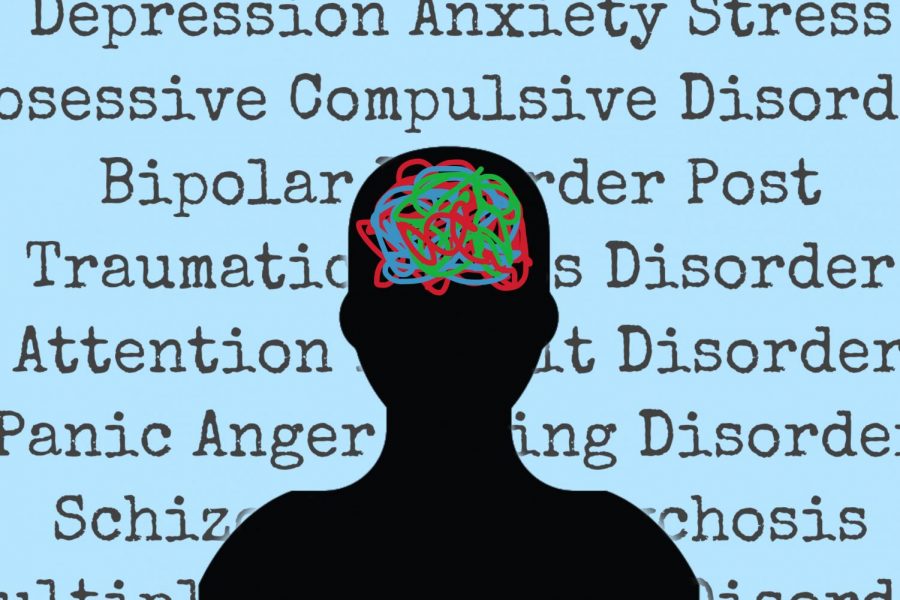
Top 5 Myths About Mental Health You Should Stop Believing
Mental health issues are skyrocketing, but misinformation about mental health is an ongoing problem. These myths can prevent people from seeking help, for instance, while perpetuating dangerous stereotypes.
It’s time to bust these myths because it’s a way to explode myths and build a supportive, educated environment that encourages openness from individuals about their mental health.
Common Myths About Mental Health
Let’s start with the top five myths that should not be believed anymore:
Myth # 1. Mental illness is a sign of weakness.
Perhaps the most pernicious, general myth about mental health is that it has something to do with personal weakness. Realistically, mental illnesses have absolutely nothing to do with a lack of strength or willpower.
There are causes for physical illnesses related to genetics and brain chemistry among others, but also trauma and other environmental conditions. It is a source of strength to seek help with a mental health issue, not weakness-facing challenges and commitment to healing.
Myth # 2: Mental Health Disorders Are Lifelong
Many people believe that once a mental disorder is established, the battle is for life. While some disorders are chronic and lifelong, most can be very successfully managed with appropriate therapy, medication, or support.
People often recover completely or learn to manage their symptoms successfully and lead enriching lives. The difference often lies in the sooner and the ongoing the nature of the intervention and care.
Myth # 3: Counseling or Medication is the Answer
Another myth is that treatment for mental health issues comes only through psychotherapy and/or psychopharmacology, or, worst of all, that what a person needs is self-treatment.
The most effective treatments are highly individualized, often needing combinations of therapies, medicines, and modulations in exercise, mindfulness, and social support. Each recovery is unique; each may need more than one treatment.
Myth # 4: Mental Illness is a sign of Moral Weakness
One harmful stereotype is that a person with a mental illness is violent. Individuals suffering from mental health disorders are not typically violent. In fact, experts suggest they would more often be targeted rather than be perpetrators of violent acts.
Misconceptions surrounding mental health have led to stigma and fear, making it an even tougher situation for support for the individual.
Myth # 5: You Can Just ‘Snap Out Of It
The idea that people with depression or anxiety simply need to “snap out of it” is not only devastating but utterly wrong. Mental health is a medical condition and requires the right kind of treatment and care.
For someone to be told they just need to “cheer up” is to diminish that person’s experience and may deter that person from seeking the help they deserve in their time of need. Recovery is something over time, patience, and professional help.
There are still many myths about mental health, and it is rather significant that we should overcome the myths and create an understanding society. Promoting truth can reduce stigma while urging people to seek care they deserve. Mental health is just as important as physical health and taking care of it is not a sign of weakness but a need.
Also, see:
Top 5 Causes of Insomnia and How to Treat It







